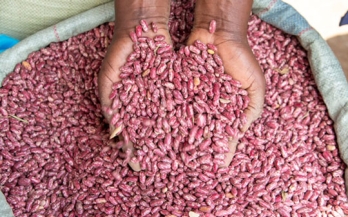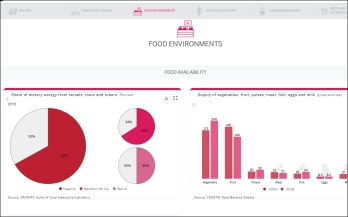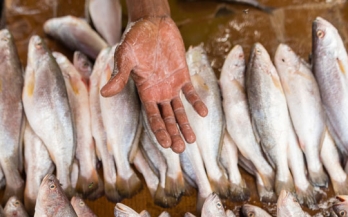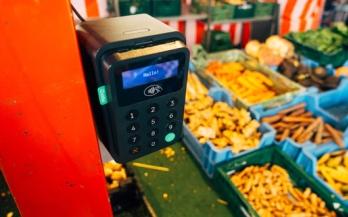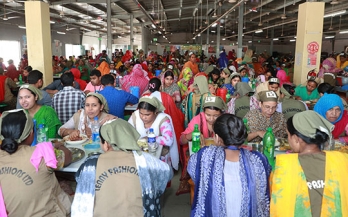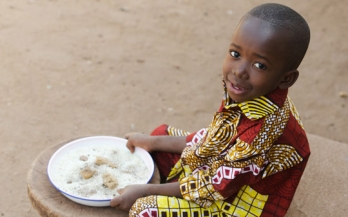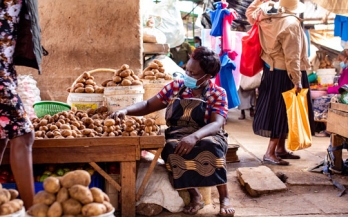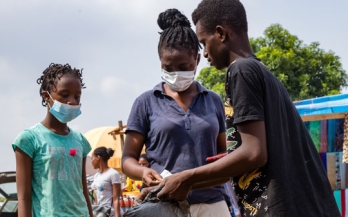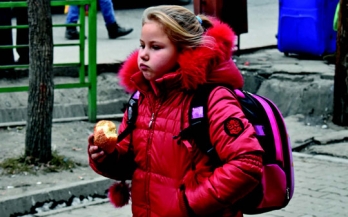Biofortification (or nutrient enrichment) of staple crops has the potential to contribute to reducing micronutrient deficiencies by increasing micronutrient intakes. In 2019, GAIN and HarvestPlus entered a partnership to lead the Commercialisation of Biofortified Crops (CBC) Programme, which aims to catalyse commercial markets for biofortified crops in six countries across Africa and Asia.
To inform the development of effective commercialisation strategies, a systematic assessment of country- and crop-specific value chains is essential to identify success factors, barriers, and opportunities.
In this report, EatSafe addresses the gap of food safety data within the Food Systems Dashboard (FSD) by identifying indicators relevant to national food safety systems, assess the availability of data sources, and develops a systematic, quantitative scheme to evaluate indicators against FSD inclusion criteria.
Achieving optimal health and nutrition requires people to be both well-nourished and free from foodborne hazards. The Global Alliance for Improved Nutrition (GAIN) has long recognized the importance of integrating food safety to achieve global nutrition and food security goals.
Affordability is a key barrier to accessing nutritious foods, particularly for lower-income consumers. Several measures of food affordability have been proposed and used in the research literature. This paper reviews the concept of food affordability, discusses the limitations of existing measures, and makes recommendations for improvements. Food affordability measurement is typically based on income, social safety nets, or expenditures.
Over half the global population spends one third of their adult life at work, and a third of the global population also suffers from some form of malnutrition. This paper reviews prior research on gender issues in the workplace, with the objective of clarifying the implications of these norms for workplace nutrition programming in low- and middle-income countries.
An estimated 2 billion people globally are affected by micronutrient deficiencies, while around one third of the global population is at risk of at least one micronutrient deficiency. Micronutrient deficiencies, also known as hidden hunger, can be linked to significant disease burden and economic loss.
This paper responds to the need to better understand the interaction between gender norms and urban food systems in low- and middle-income countries. More people are living in cities than ever before. As a result, the role played by urban food systems is of growing importance at both the population level and for individuals, especially women, who are considered responsible for meal provision in most cultures.
This report presents the findings from an assessment of 163 policy measures by national governments to support micro, small, and medium-sized enterprises (MSMEs) in nine low- and middle-income countries (LMICs) between March 2020 and March 2021 during the COVID-19 pandemic.
Nowadays, 1 in 10 children is overweight or obese and this number is rising. While overweight and obesity was once considered a high-income country (HIC) problem, low- and middle-income countries (LMICs) are now increasingly confronted with overweight and obesity in their populations alongside the still existing problems related to undernutrition.
